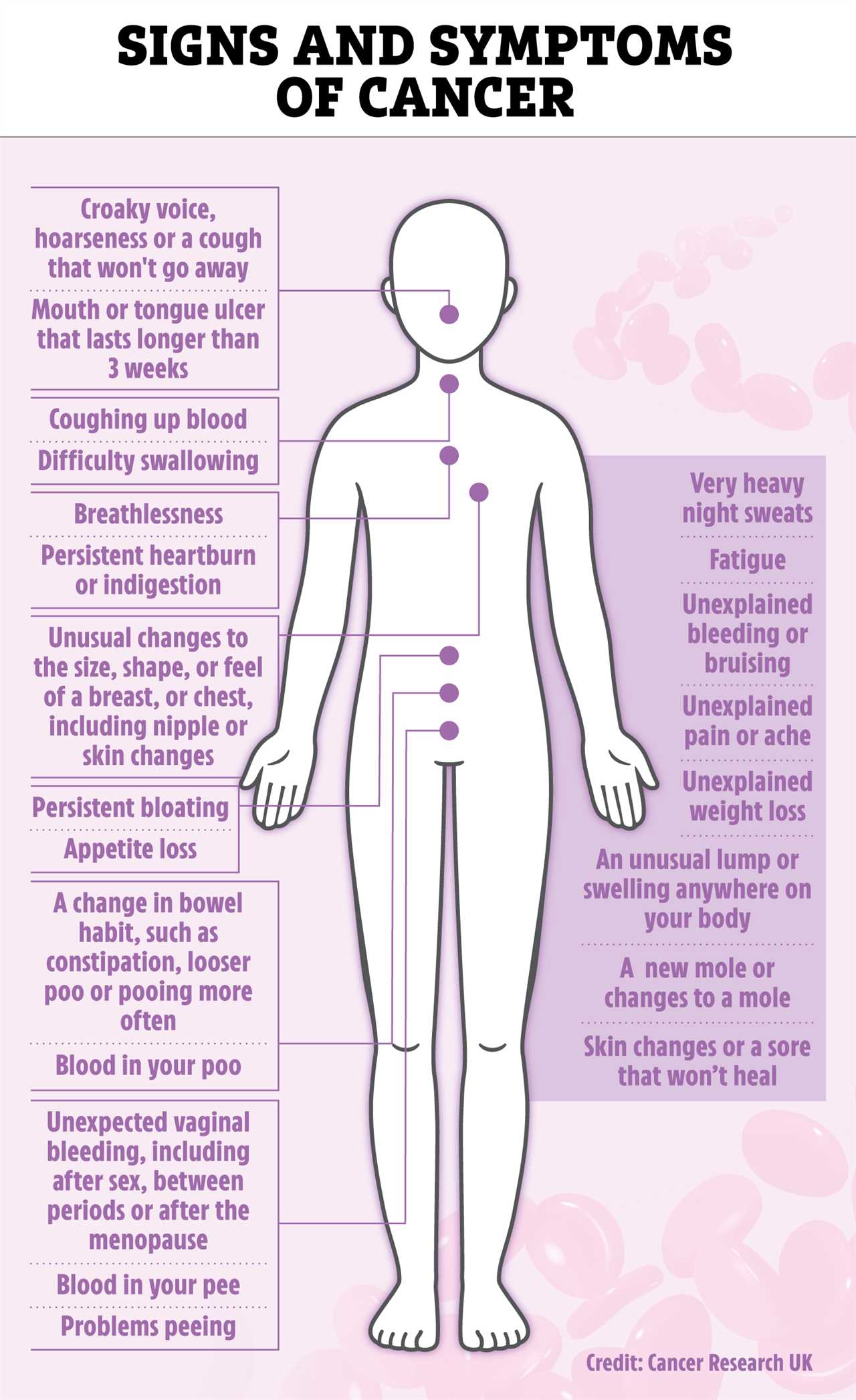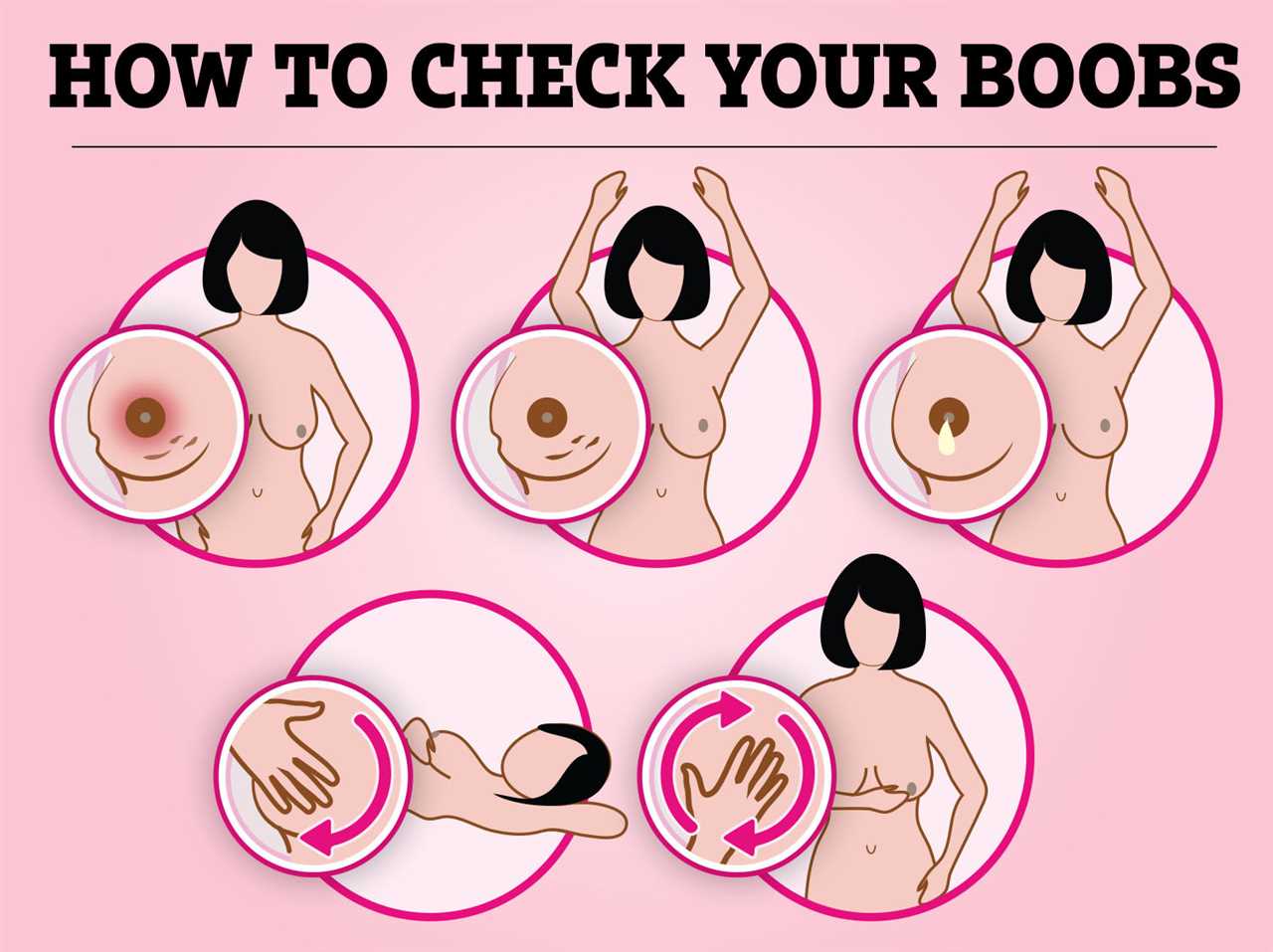
Introduction
When it comes to cancer, early detection is crucial. While there are various types of cancer with different symptoms, there are a few key signs that you can look out for yourself. By performing simple DIY checks at home, you can identify any unusual changes in your body. It's important to remember that new symptoms don't always indicate cancer, but it's always better to be safe than sorry and consult a doctor. In this guide, we will break down four DIY tests you can do to check for signs of cancer.
1. Check your boobs
Regularly checking your breasts and underarms can help you spot any new lumps, bumps, or changes. Stand in front of a mirror and observe any changes in breast size, shape, or asymmetry. Look for any nipple discharge, crusting, rashes, or red patches. It's equally important to feel the chest area with your finger pads, checking for any lumps or thickening. Remember that breast changes can happen for various reasons, but if you notice any concerning changes, it's essential to see a GP.
2. Check your balls
Testicular cancer is less common but still important to be aware of. Get to know what feels normal for you by examining your testicles regularly. They should feel smooth, without any lumps or bumps, and firm but not hard. Look out for hard lumps, swelling, enlargement, or pain/discomfort in the testicles or scrotum. Perform this examination in the shower, as warm water relaxes the scrotum and makes it easier to feel any abnormalities.
3. Check your skin
Regularly examining your skin can help you detect any changes that could indicate skin cancer. Stand in front of a mirror and carefully observe your body, including your arms, underarms, fingernails, palms, legs, and feet. Use a hand mirror or ask someone to help you examine your neck, scalp, back, and buttocks. Look out for sores that don't heal, ulcers, lumps, red patches, and changing freckles or moles. Follow the ABCDE rule to assess the health of a mole.

4. Pay attention to bowel habits
Changes in bowel habits can be a sign that something isn't right. While everyone's bowel habits are different, persistent and unexplained changes should be brought to the attention of a GP. Pay attention to the frequency and consistency of your bowel movements. If you notice looser stools, increased frequency, or incomplete emptying, consult a doctor. Bleeding from the bottom, blood in your stool, unexplained weight loss, extreme tiredness, or abdominal pain or lump should also be addressed.
Conclusion
Remember that these DIY checks are not a substitute for professional medical advice. If you spot any concerning changes or symptoms, it's important to seek help from a healthcare professional. Early detection is key in the fight against cancer, and by being vigilant and proactive, you can ensure your health and well-being.
Did you miss our previous article...
https://trendinginthenews.com/cancer/breast-cancer-breakthrough-new-drug-rapidly-kills-diseased-cells






